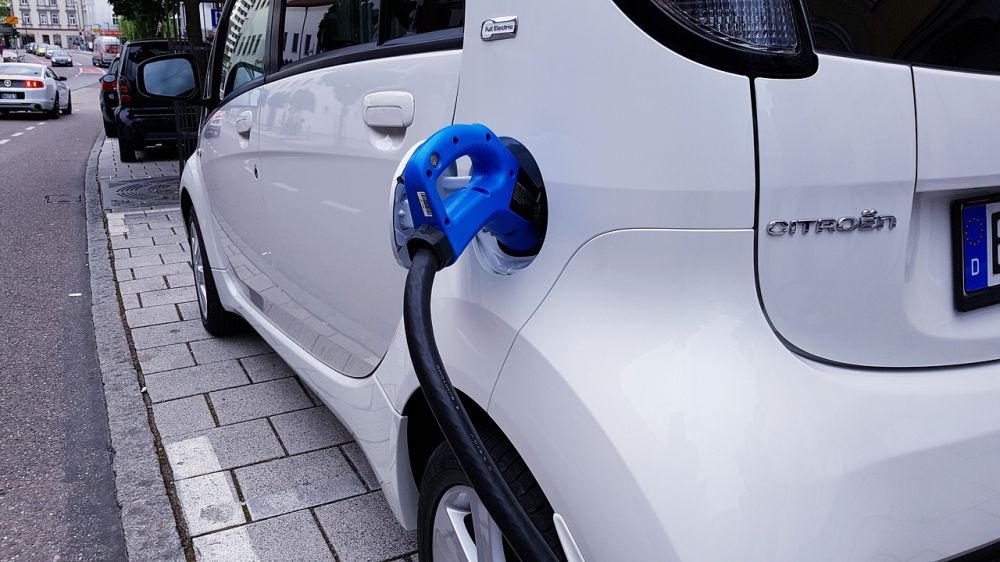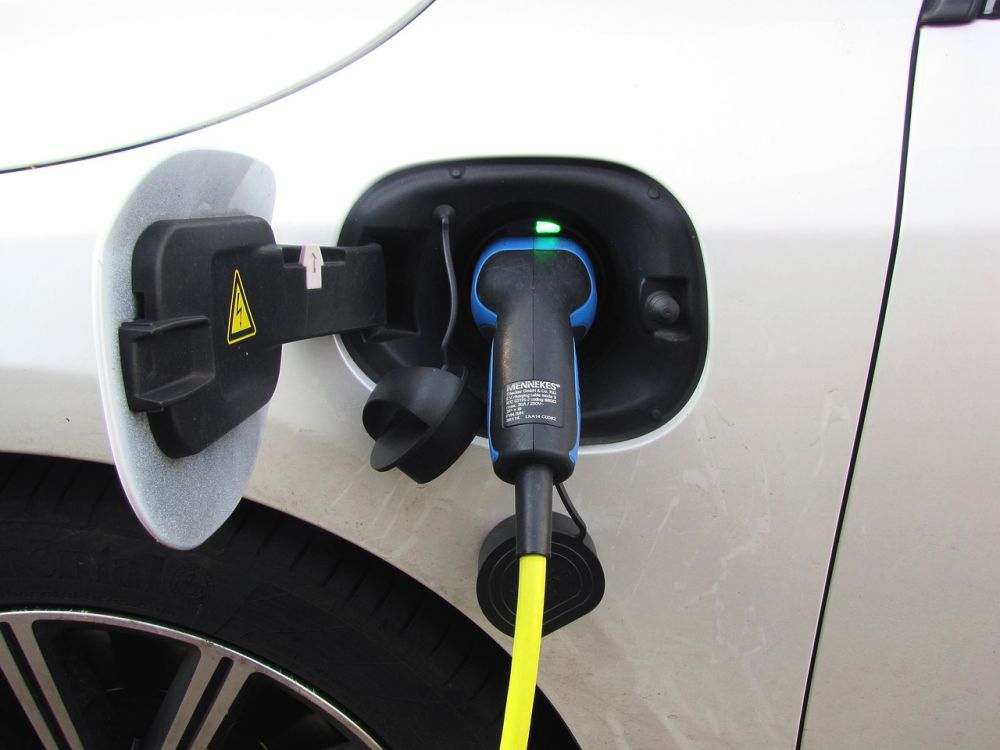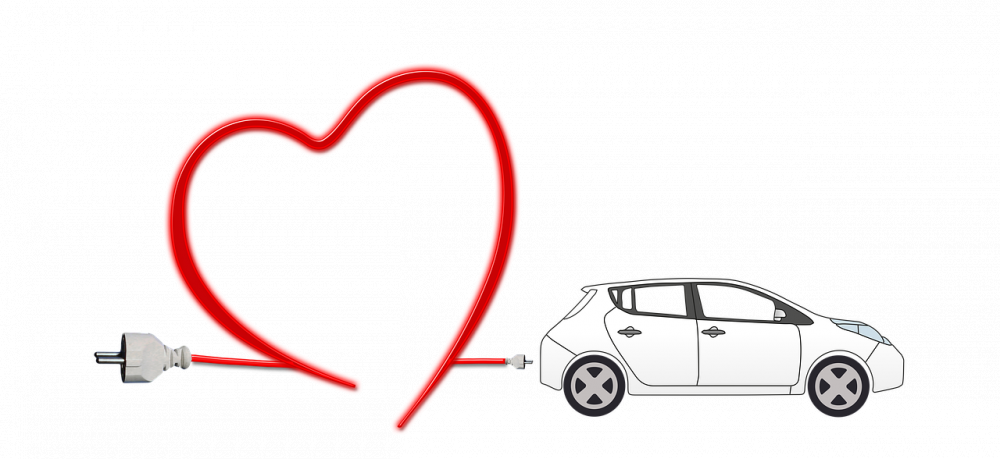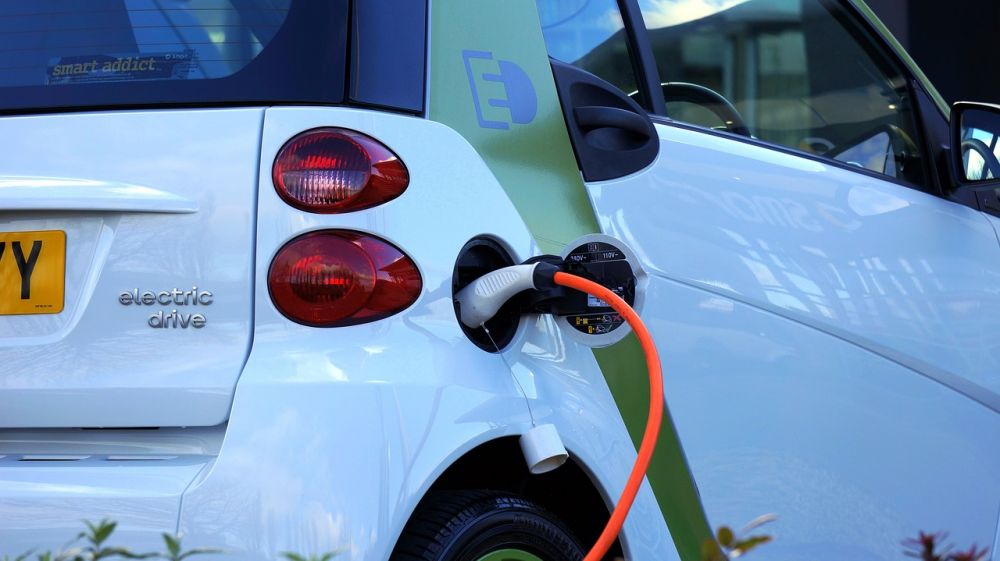BMW Electric Vehicles: A Comprehensive Overview

Introduction:
The world of electric vehicles (EVs) has been rapidly evolving, with automakers like BMW at the forefront of this technological advancement. In this article, we will provide a detailed overview of BMW’s electric vehicles, exploring their types, popularity, quantitative measurements, differences, and historical analysis of their advantages and disadvantages.
1. A Comprehensive Overview of BMW Electric Vehicles:

– BMW has been actively developing and producing electric vehicles, commonly known as BMW EVs or BEVs (Battery Electric Vehicles), since the introduction of the BMW i3 in 2013.
– The company’s commitment to sustainable mobility led to the establishment of the BMW i sub-brand, which focuses exclusively on EVs.
– BMW EVs are known for their cutting-edge technologies, innovative designs, and high-performance capabilities.
2. Presentation of BMW Electric Vehicles:
– BMW offers a range of electric vehicles, including the BMW i3, BMW i4, BMW iX3, BMW iX, and BMW iNEXT, catering to various segments and customer preferences.
– The BMW i3, an iconic compact electric car, has gained popularity for its unique design and impressive electric range.
– The upcoming BMW i4, a luxurious electric sedan, aims to combine high performance with emission-free driving.
– The BMW iX3, a fully electric SUV, offers a spacious interior, versatility, and long-range capabilities.
– The BMW iX, a futuristic electric SUV, introduces advanced autonomous driving features and next-generation connectivity.
– The BMW iNEXT, set to be released in the near future, promises an unmatched electric experience with cutting-edge technologies.
3. Quantitative Measurements of BMW Electric Vehicles:
– BMW EVs boast impressive performance statistics, including acceleration, top speed, and electric range.
– For instance, the BMW i4 is expected to have a range of up to 300 miles (482 km) on a single charge.
– Additionally, BMW EVs often feature advanced charging capabilities, allowing for faster recharging times.
– These quantitative measurements showcase BMW’s commitment to providing both eco-friendly and high-performance electric vehicles.
4. Differences Among BMW Electric Vehicles:
– BMW EVs vary in terms of size, range, performance, and features, catering to different customer preferences and requirements.
– Some models focus on compact size and efficient urban mobility, while others prioritize spaciousness and long-distance capabilities.
– Furthermore, certain models emphasize performance, delivering exhilarating acceleration and dynamic handling.
– The distinctions among BMW EVs ensure that customers can choose a vehicle that aligns with their specific needs and preferences.
5. Historical Overview of Advantages and Disadvantages of BMW Electric Vehicles:
– Over the years, BMW EVs have witnessed significant improvements in terms of battery technology, charging infrastructure, and overall range.
– Advantages of BMW EVs include zero-emissions, reduced dependence on fossil fuels, lower operating costs, and potential government incentives.
– However, challenges such as limited charging infrastructure, longer charging times compared to refueling, and higher upfront costs have been perceived as disadvantages.
– BMW has continuously addressed these concerns by investing in charging infrastructure expansion, developing more efficient batteries, and striving to reduce costs.
Conclusion:
BMW’s extensive range of electric vehicles represents the automaker’s dedication to sustainable mobility and cutting-edge technology. With their unique designs, impressive performance, and evolving advantages, BMW EVs are at the forefront of the electric vehicle revolution. By offering a variety of models, BMW caters to the diverse needs of car enthusiasts seeking environmentally friendly and high-performance vehicles.
[INSERT VIDEO HERE]
References:
– BMW Electric Cars. (n.d.). Retrieved from [link]





